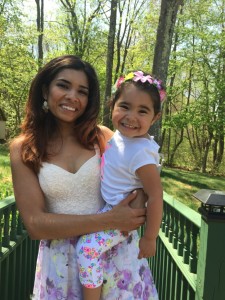Patricia Friar retired from General Electric (GE) with more than twenty-six years of finance, human resources, and executive development experience. She was the Senior Vice President of Human Resources for GE’s Consumer Finance – Americas business with responsibility for more than 15,000 employees in the U.S., Canada, India, Mexico, South/Central America, and Puerto Rico. In this role she became Quality and Process Management certified and shrewdly deployed her financial and process skills to deliver more than $100 million in productivity to the business. In addition, she led the HR due diligence processes and integration for more than twenty business acquisitions, which contributed to business income growing from $75 million to $1 billion net income.
Prior to this role, Pat served as the first global Diversity Leader for GE Financial Services, where she partnered with the CEO’s leadership team in creating environments, practices, and educational experiences to accelerate business and personal growth in increasingly global markets. Pat’s efforts were featured in the December 2002 cover story of Working Woman magazine.
Prior to the Diversity leadership role, Pat was the Human Resources Leader for GE Capital’s Global Finance, Treasury, and IT functions, reporting directly to the SVP of Human Resources and the Chief Financial Officer simultaneously. She led all generalist, recruiting, and succession planning functions, as well as leading both the Connecticut Area Financial Management Program and the Information Technology Training Programs.
Before joining GE Financial Services, Pat worked at GE Neutron Devices in St. Petersburg, Fla., as Supervisor of Accounting, Benefits, and Statistics. Prior to that, she completed multiple six-month rotations as part of GE’s Financial Management Program, at GE’s Distribution Equipment Division in Plainville, Conn.
Pat joined GE directly after graduating from the University of Connecticut’s School of Business and Honors Program. Her thesis evaluated the process, outcomes, and lessons-learned from the problematic Heublein-KFC merger.
Pat is an active member of the School of Business Leadership Cabinet serving Dean John Elliott, and presents in Executive MBA programs in both Hartford and Stamford. Pat was elected to the UConn Founder’s Society in 2005 and the School of Business Hall of Fame in 2009. Additionally, she was integral in the development and roll out of the highly successful Risk Management curriculum. She’s equally active in her community as an executive coach, as a volunteer and member of her church, as Tim’s spouse, and as Mom to two great daughters, Christine and Catherine.
 UConn Year of Graduation (Undergraduate): 2012
UConn Year of Graduation (Undergraduate): 2012